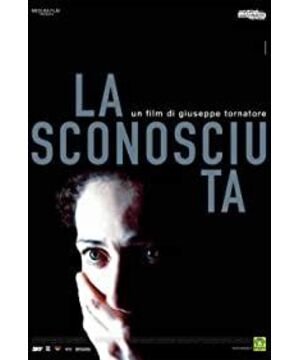If I hadn't seen the movie, I wouldn't have liked the music Giuseppe used, just like I didn't like the protagonist Irena. Darkness, mania, anger and revenge, all these intense emotions, when expressed in strings, are harsh and tangled. Zi once said, repaying virtue with virtue and retribution with directness, I can find a hundred reasons to explain her sin, and the most convincing one seems to be because she was once deeply punished as a weak person. victim.
So can she retaliate and seize with impunity?
Is it love that she almost ruthlessly forces the little "daughter" to learn how to resist? She loves her "daughter", she will do anything for her, and even sacrifice herself again and again without fear. Compared with the brilliance of motherhood that seems to be the most praised, isn't this more like the most decent excuse Irena made for herself? When people at the bottom of despair only have the instinct to survive, they selfishly deceive themselves, and then abandon their ways of being human, hold up the banner of righteousness, and resolutely choose destruction. What is the difference between that and the devil? Her sacrifices and sacrifices are just to make herself feel better, all she wants is a belief.
With a migraine, I watched the ending. When the willful little girl grows into a slim girl, and the bright smile is frozen in the picture, it should not be just the little girl named Tea who grows up. Irena is finally no longer afraid, not because the person who hurt her has turned into dust, nor is she satisfied in the thrill of revenge, behind her deep eyes, there is a quiet power. The music used by Giuseppe has finally turned calm at this moment. After revealing the true side of human nature, is it a little too cunning to tell you that the world will be fine? It's as if we were to forgive a vermin-like neighbor for their stupidity and then find a good reason for their stupidity.
This is bound to be a bit of a tough one.
View more about The Unknown Woman reviews











